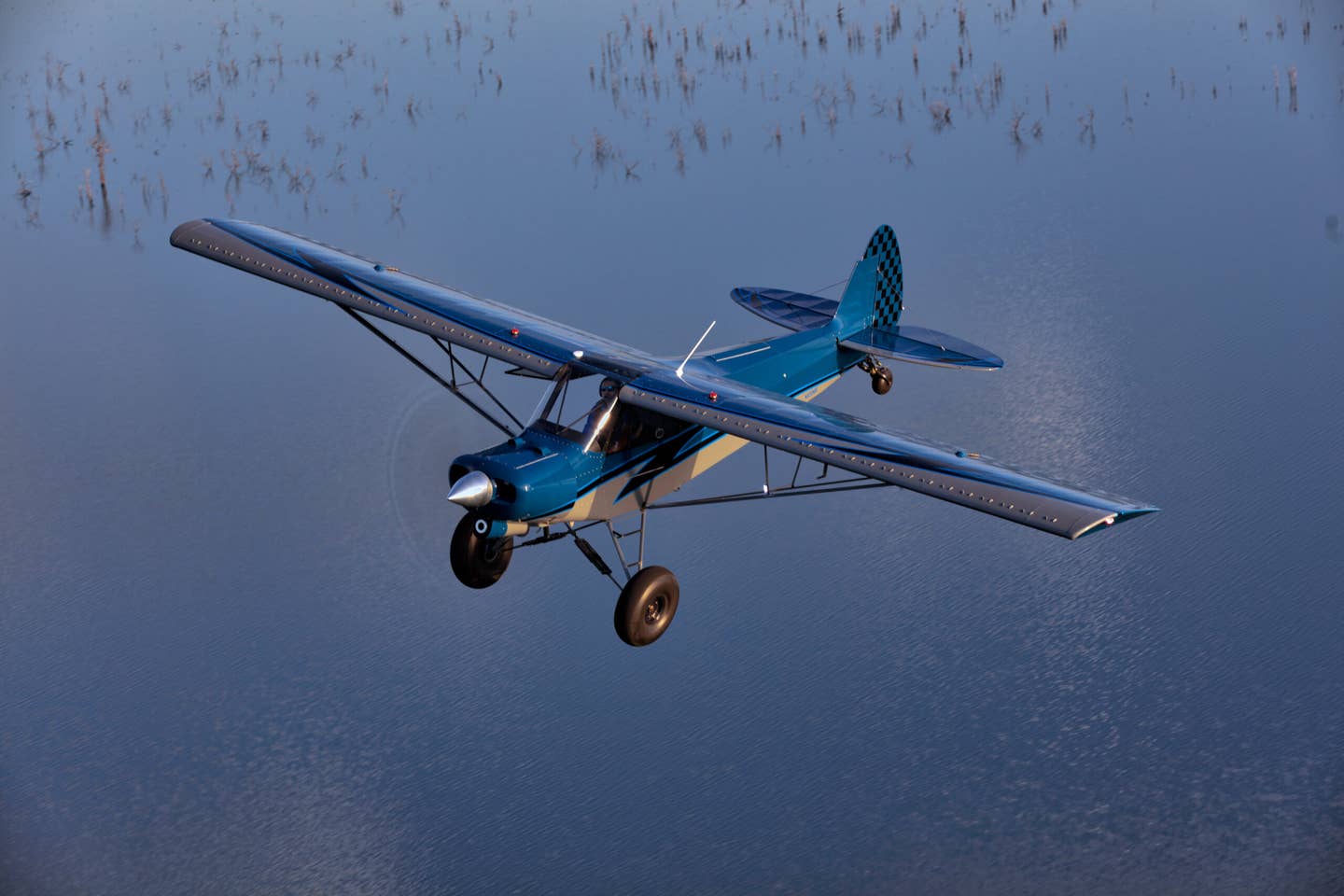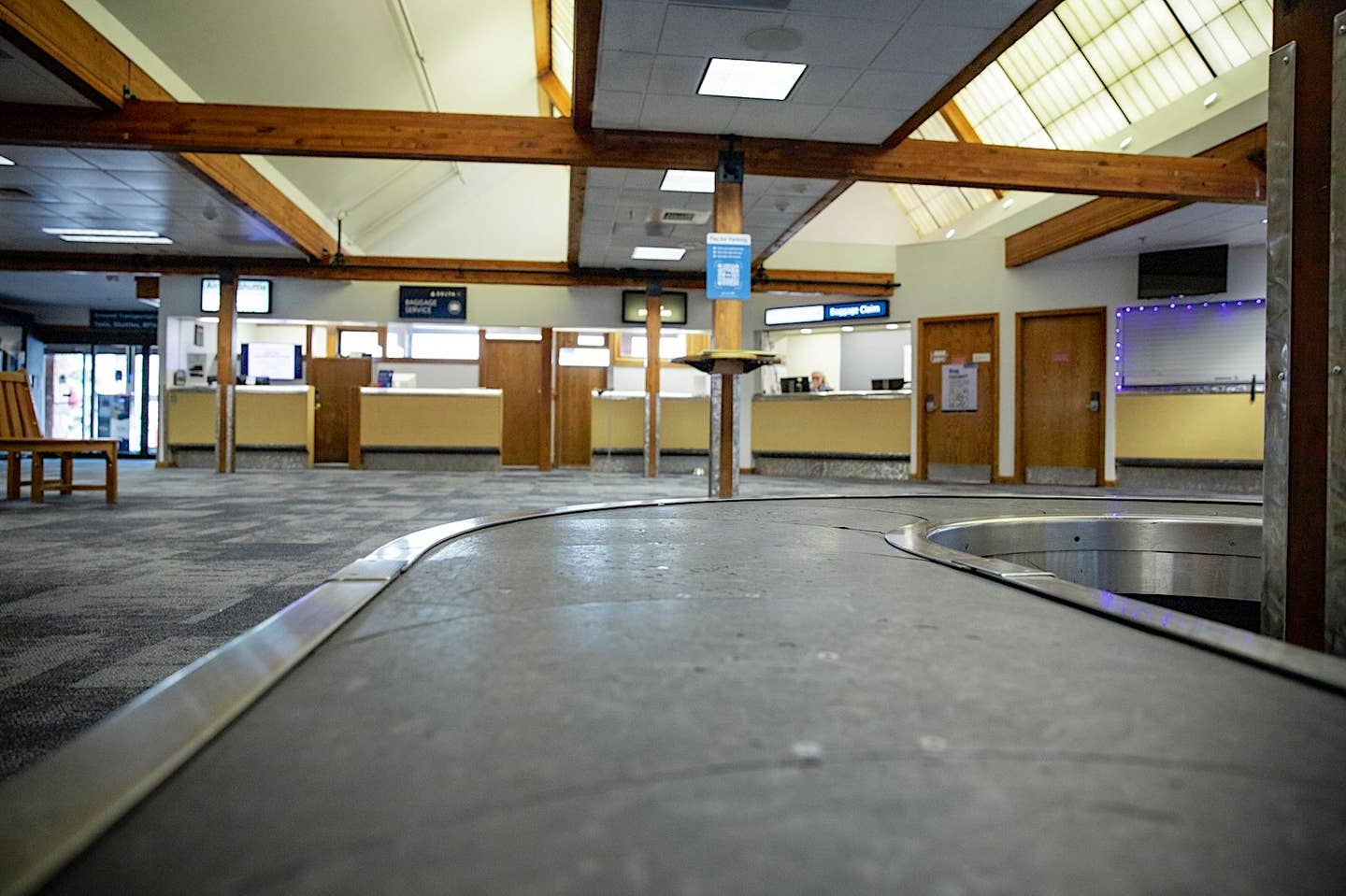Kitmaker Introduces “Mother of All Cubs”
American Legend Aircraft has developed an “extreme” version of its popular experimental/amateur-built Cub it’s calling the MOAC, for “Mother of all Cubs.” Boasting more horsepower from the four-cylinder Continental Titan…

American Legend Aircraft has developed an “extreme” version of its popular experimental/amateur-built Cub it’s calling the MOAC, for “Mother of all Cubs.” Boasting more horsepower from the four-cylinder Continental Titan engine, large flaps and leading-edge slats, and tall gear, the MOAC is described as the “backcountry edition of the Legend Cub. MOAC is the most exciting way to fly low, and slow, while driving performance to the extreme.”
“After years of lessons learned, including an 80-year Piper history, we build our Cubs to alleviate potential problems,” says Darin Hart, president of American Legend. “This includes fit-and-finish, engine performance, and control systems. Doors and trim fit to perfection, and we often use common PMA-standard parts for easy serviceability. Our engine choices provide hours of reliability and proven service. Placement of physical controls are optimized to ensure freedom of motion from stop to stop without annoying interference issues so often present in other designs.”
Among its more “extreme” features, the MOAC has large flaps extendable to 40 degrees, leading-edge slats and new square wingtips said to improve low-speed performance. The “MOAC can take off in its own length,” the company says. The engine is a version of Continental’s XP-370 Titan engine, normally rated at 195 HP but capable of 208 HP for takeoff, driving a choice of propellers. The MOAC can be certified up to 2000 pounds maximum gross, enabling a third seat as well as more fuel; the MOAC carries 40 gallons usable fuel.
The MOAC also has “TK1 Racing with its Shock Monster front suspension” landing gear. “Shock Monster is a nitrogen charged air/oil shock assembly. Designed for the harshest of bush flying zones, the oil dampened system eats up all the landing aircraft’s stored energy on compression. A dual shock setup delivers the security of redundancy, unbelievable cushioning and, best of all, zero bounce back. Shock travel of 4.50 inches equates to about 12–14 inches at the wheel,” the company says.






